In an era where romantic relationships are often idealized as the ultimate source of fulfillment, a counter-movement is quietly gaining ground. Across bustling metropolises and quiet suburbs alike, a distinct demographic is emerging—one that actively rejects the pursuit of love and intimacy. These individuals, who refer to themselves as "emotional minimalists" or "love skeptics," are not victims of heartbreak but deliberate architects of their own solitude. Their philosophy is simple: romantic love is an unnecessary complication in the pursuit of a meaningful life.
The rise of this love-rejecting class is not an isolated phenomenon. Sociologists point to a confluence of factors driving this shift, from the hyper-individualism of late-stage capitalism to the disillusionment with traditional family structures. Many in this group cite the emotional labor required to sustain relationships as a primary reason for their choice. "I used to think I was defective because I didn’t crave partnership," says Mara, a 32-year-old software developer from Berlin. "Now I see it as a liberation. My time, energy, and resources are entirely my own."
What sets this group apart from involuntary singles or aromantic individuals is their active, almost ideological rejection of love as a societal expectation. They don’t merely lack interest in romance; they view the cultural obsession with it as a distraction from more substantive pursuits. For some, this means dedicating themselves to careers or creative projects. For others, it’s about cultivating deep platonic friendships or community ties that don’t hinge on emotional dependency.
The economic argument against romantic entanglement is particularly compelling for this demographic. In an age of precarious employment and rising living costs, the financial risks of coupledom—divorce, alimony, the burden of shared debt—outweigh the perceived benefits. "I’ve seen too many friends financially ruined by messy breakups," says David, a 40-year-old accountant in Toronto. "Why would I voluntarily tether my economic stability to something as volatile as human emotions?"
Critics argue that this mindset reflects a broader cultural sickness—a retreat from vulnerability and human connection in the face of modernity’s pressures. Psychologists warn that sustained emotional isolation may have unintended consequences, from diminished empathy to increased risk of depression. Yet members of the love-rejecting class counter that their lives are rich with purpose and connection—just not of the romantic variety. "We’ve been sold this idea that love is the only valid form of intimacy," says Priya, a writer based in Mumbai. "That’s simply not true. My friendships are deeper than most marriages I know."
Technology has played a paradoxical role in this trend. While dating apps promised to make connection easier, many in this group say the gamification of romance only reinforced their disillusionment. The endless swiping, the performative nature of online dating, the transactional approach to human connection—all have served to validate their choice to opt out entirely. Some have turned instead to digital communities that celebrate singlehood, finding solidarity in their shared rejection of romantic norms.
What does this mean for the future of relationships? As this demographic grows, industries built around coupledom—from wedding planners to couples therapy—may need to adapt. More fundamentally, it challenges long-held assumptions about human nature and happiness. The love-rejecting class isn’t arguing that their path is right for everyone, only that it should be recognized as equally valid. In a world that often equates being single with being incomplete, their very existence is a quiet rebellion.
The movement raises provocative questions about autonomy and the good life. If happiness can be achieved outside romantic love—if fulfillment can be found in work, friendship, or solitude—what does that say about our cultural narratives? As one member of this group put it: "I’m not against love. I’m just not convinced it’s useful." In an age of relentless connection, their choice to disconnect may be the most radical act of all.

By /Jul 3, 2025

By /Jul 3, 2025

By /Jul 3, 2025

By /Jul 3, 2025

By /Jul 3, 2025

By /Jul 3, 2025

By /Jul 3, 2025
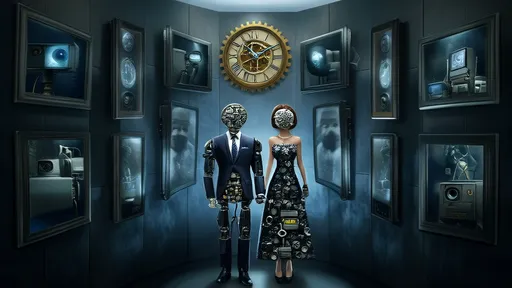
By /Jul 3, 2025

By /Jul 3, 2025
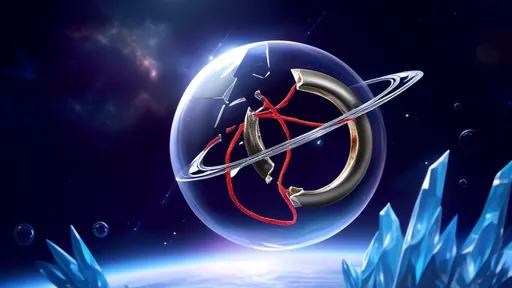
By /Jul 3, 2025

By /Jul 3, 2025
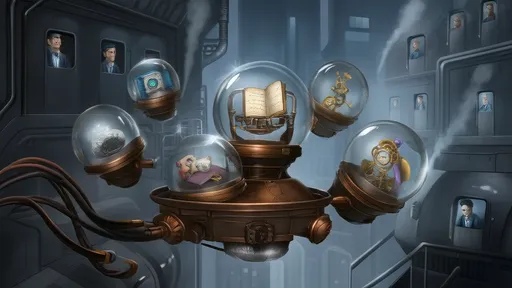
By /Jul 3, 2025
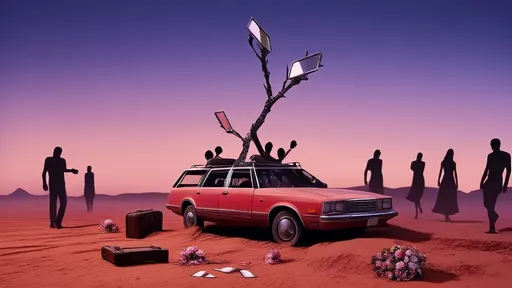
By /Jul 3, 2025
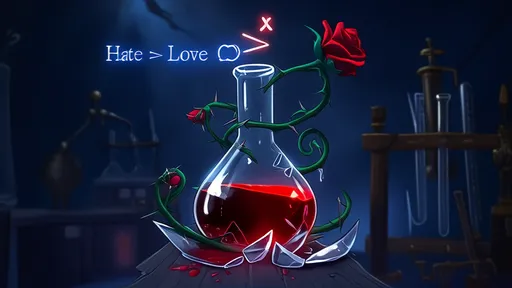
By /Jul 3, 2025

By /Jul 3, 2025

By /Jul 3, 2025

By /Jul 3, 2025

By /Jul 3, 2025

By /Jul 3, 2025
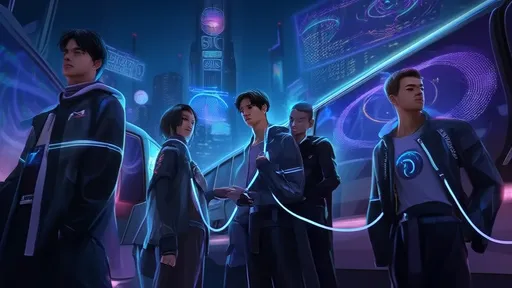
By /Jul 3, 2025